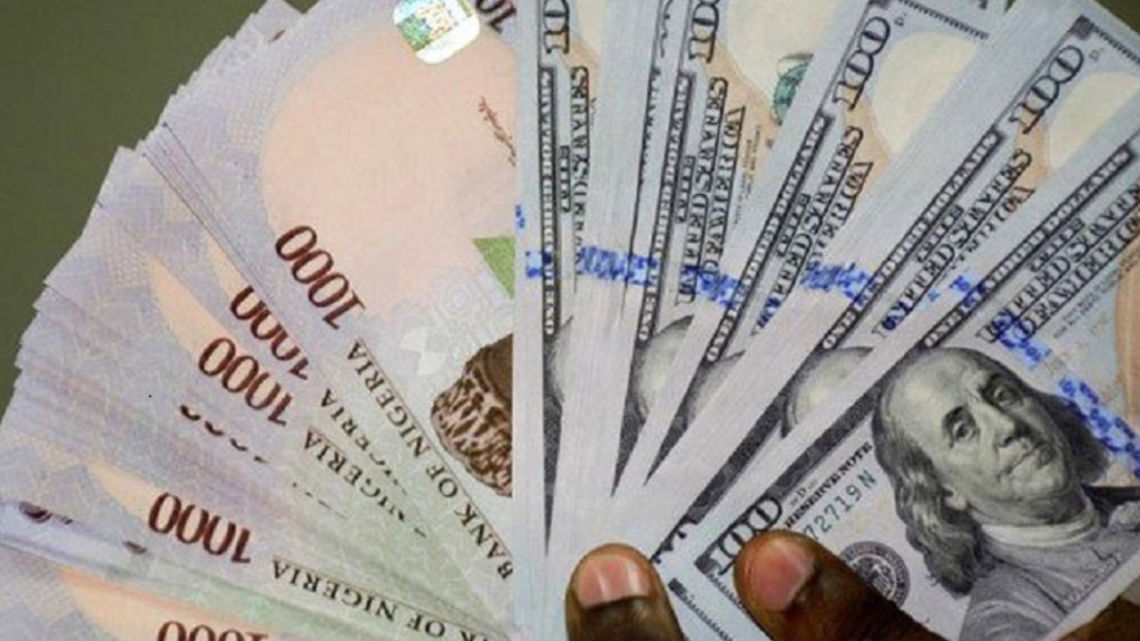The consistent depreciation of the naira has become a pressing concern for the nation’s economy. As the naira weakens against major global currencies such as the US dollar and the euro, its ripple effects are felt across all sectors, from businesses and households to government operations. This trend, driven by structural imbalances, policy inefficiencies, and global economic pressures, has profound implications for Nigeria’s economic stability and growth.
One of the most immediate effects of the naira’s devaluation is rising inflation. As the currency loses value, the cost of importing goods increases. Nigeria’s heavy reliance on imports for essential commodities, including food, fuel, and machinery, means that a weaker naira leads directly to higher prices for consumers. The average Nigerian faces a steeper cost of living, with basic necessities becoming increasingly unaffordable for low- and middle-income families.
In recent years, food inflation has surged, exacerbating food insecurity in a country where millions already live below the poverty line. The falling naira amplifies this crisis, eroding purchasing power and increasing social discontent.
The private sector, particularly businesses reliant on imported raw materials or equipment, bears the brunt of the naira’s depreciation. Importers face higher costs, which are often passed on to consumers in the form of increased prices. For manufacturers, the challenge of securing foreign exchange for essential imports disrupts production, leading to reduced output and layoffs.
Small and medium-sized enterprises (SMEs), which form the backbone of Nigeria’s economy, are particularly vulnerable. Limited access to affordable foreign exchange forces many to either scale down operations or shut down entirely. This undermines job creation and economic diversification efforts, further entrenching Nigeria’s dependence on oil revenues.
The falling naira also deters foreign direct investment (FDI). Investors are hesitant to commit capital to an economy plagued by currency instability, fearing losses from exchange rate fluctuations. Moreover, businesses already operating in Nigeria face difficulties repatriating profits due to foreign exchange shortages, adding another layer of risk for potential investors.
This decline in FDI hampers the country’s ability to finance infrastructure projects and develop critical sectors such as agriculture, manufacturing, and technology. Without sustained foreign investment, Nigeria’s long-term growth prospects remain bleak.
For a government heavily reliant on oil exports, the falling naira has mixed implications. While a weaker currency can boost the naira value of oil revenues, it also increases the cost of servicing foreign-denominated debt. Nigeria’s public debt profile has ballooned in recent years, with external debt constituting a significant portion. As the naira weakens, the cost of repaying these debts in foreign currencies escalates, straining public finances.
Additionally, the government faces challenges funding critical programs and infrastructure projects. The rising cost of imports and inflationary pressures limit fiscal space, forcing policymakers to make difficult trade-offs between competing priorities.
Addressing the economic fallout of the naira’s depreciation requires a multifaceted approach. The Central Bank of Nigeria (CBN) must adopt policies that stabilize the currency, such as reducing dependence on multiple exchange rate systems and ensuring a more transparent and market-driven exchange rate mechanism.
Diversifying the economy is paramount. Overreliance on oil exports has left Nigeria vulnerable to global commodity price shocks. Investing in agriculture, manufacturing, and technology can help create a more resilient economy less susceptible to currency volatility.
Furthermore, strengthening local production capabilities can reduce the country’s dependence on imports. Encouraging domestic manufacturing and improving infrastructure will not only boost economic self-reliance but also create jobs and reduce the pressure on foreign exchange reserves.
The falling value of the naira underscores deeper structural issues within Nigeria’s economy. While currency depreciation is not inherently negative, its impact on inflation, business operations, investment, and government finances highlights the urgent need for comprehensive economic reforms. Stabilizing the naira and addressing the root causes of its decline will require bold leadership, sound policies, and collective effort from all stakeholders. Only then can Nigeria chart a path toward sustainable economic growth and improved living standards for its people.





